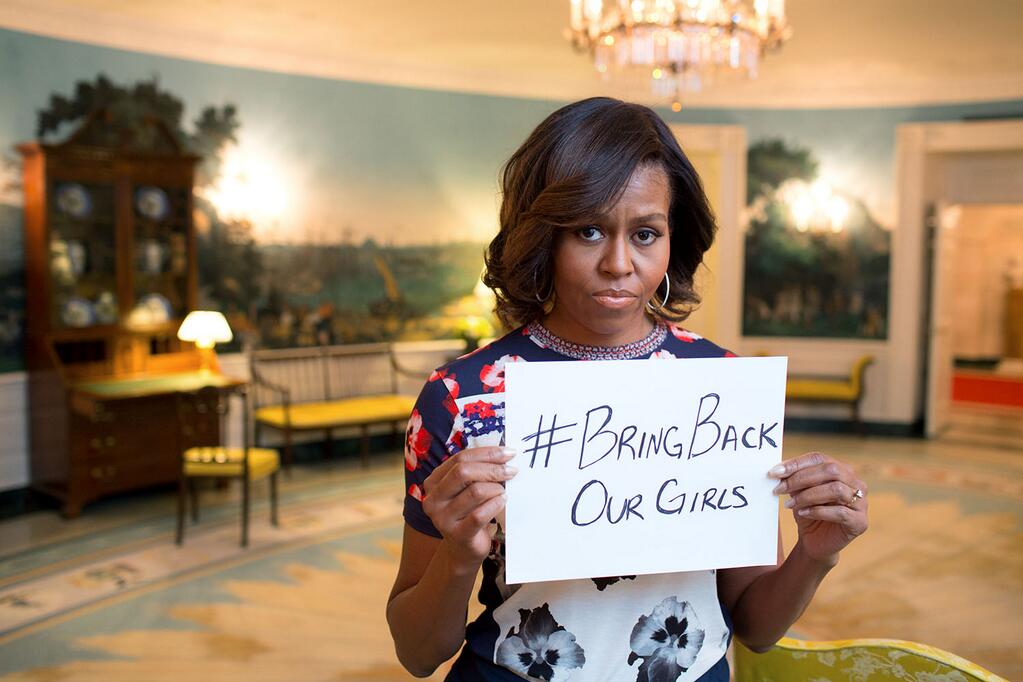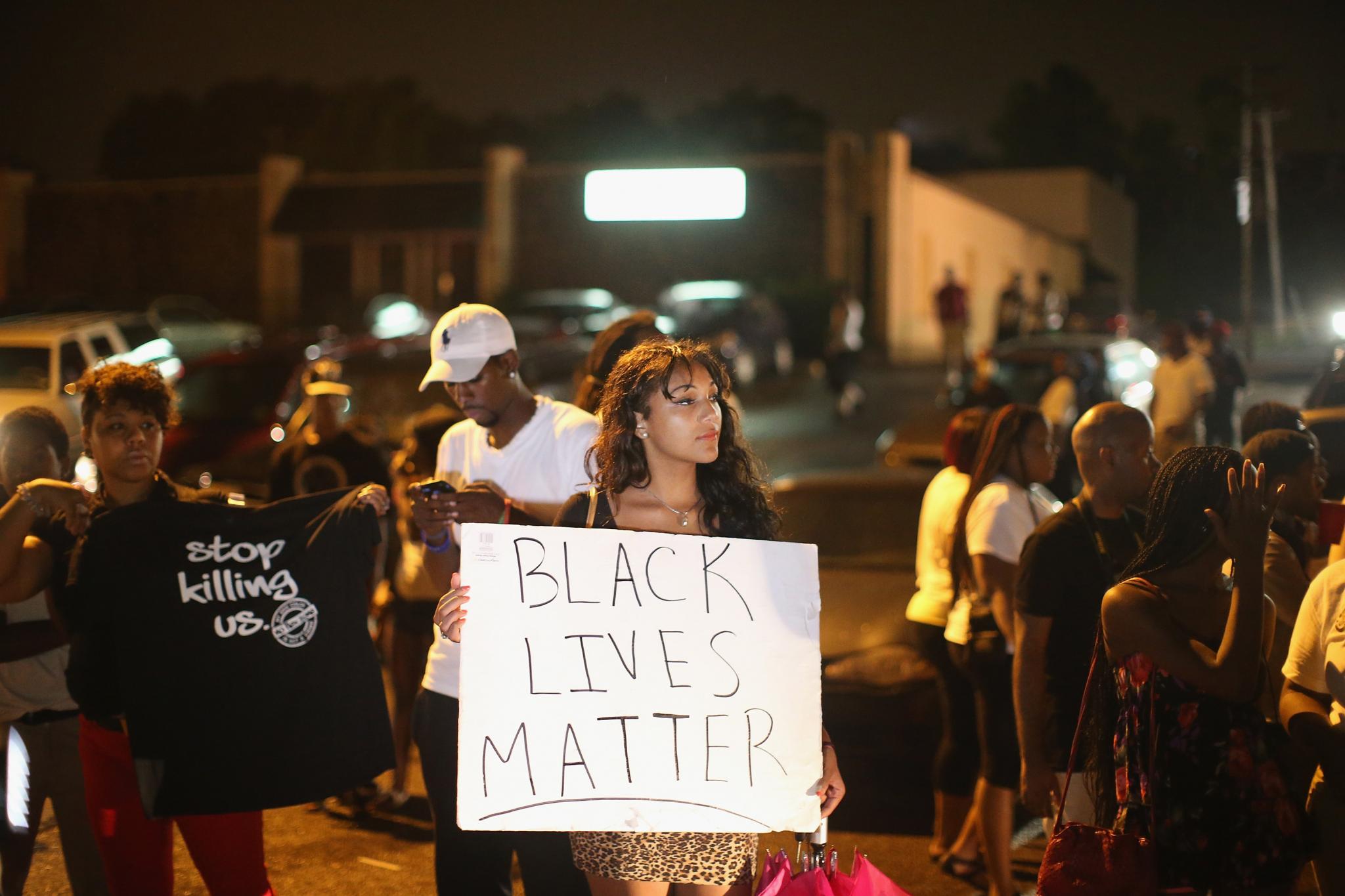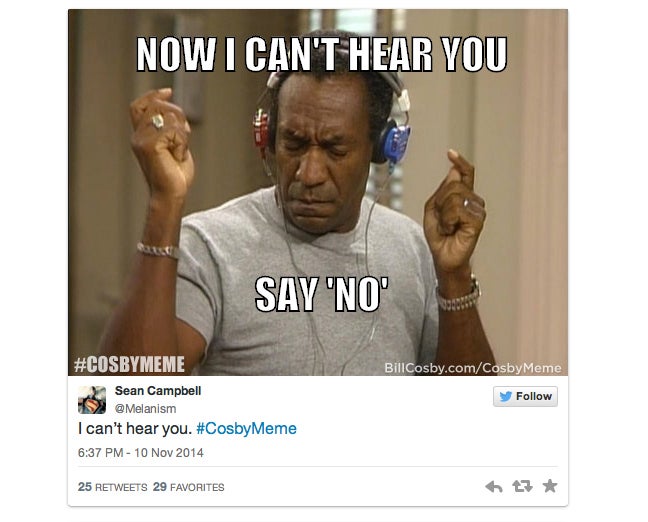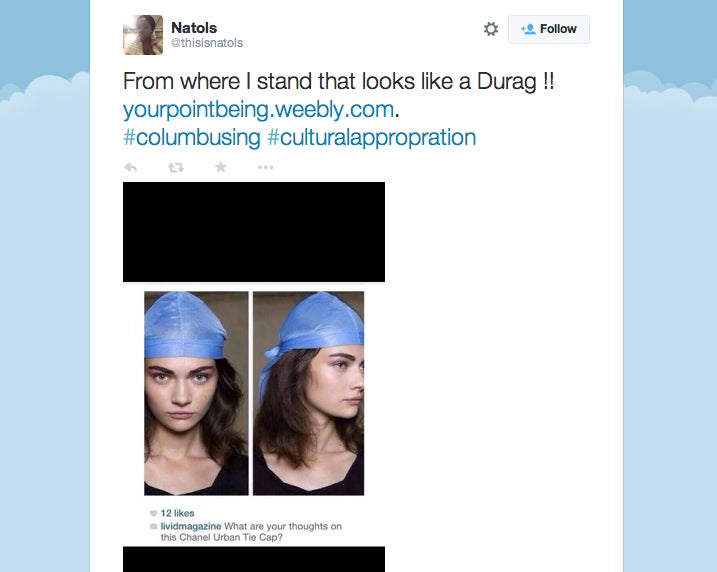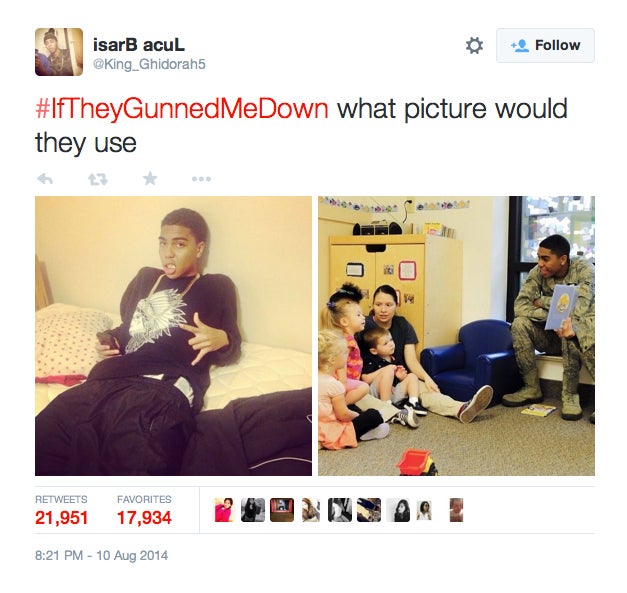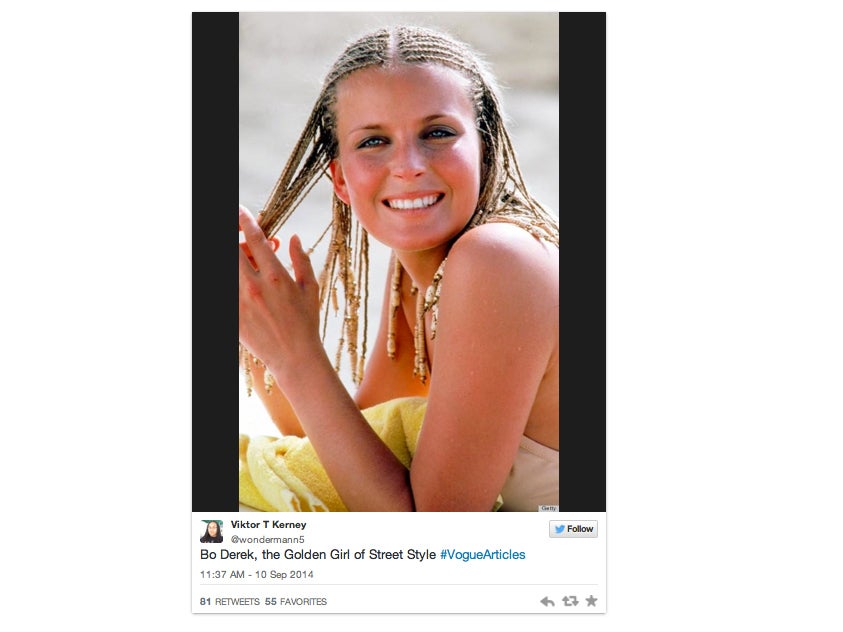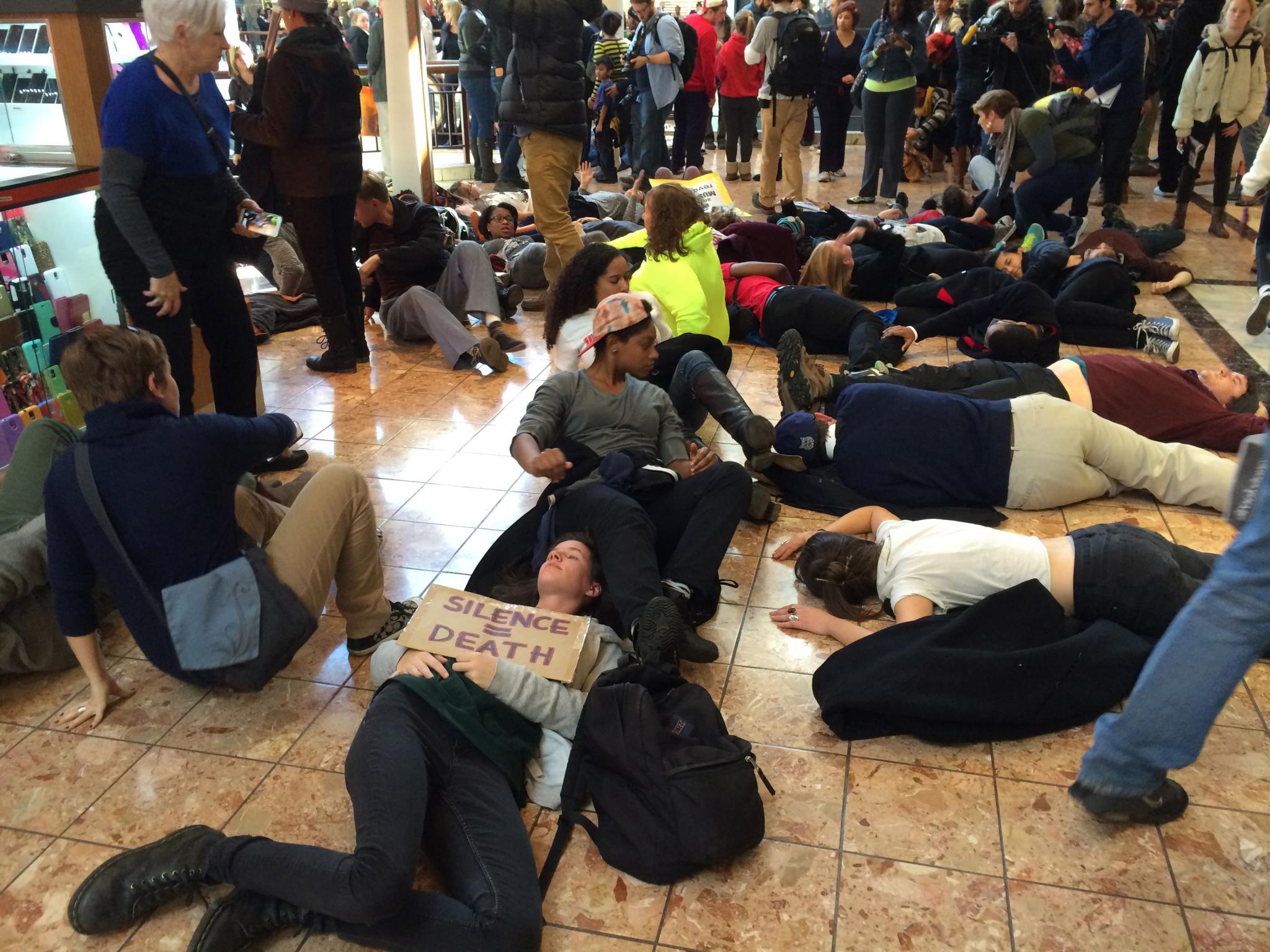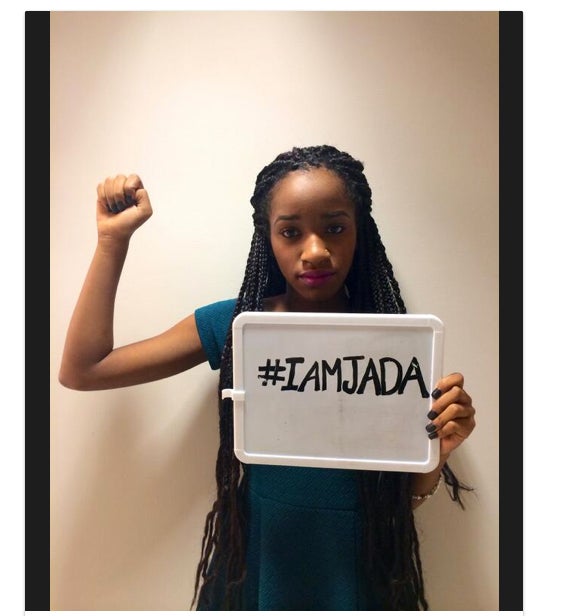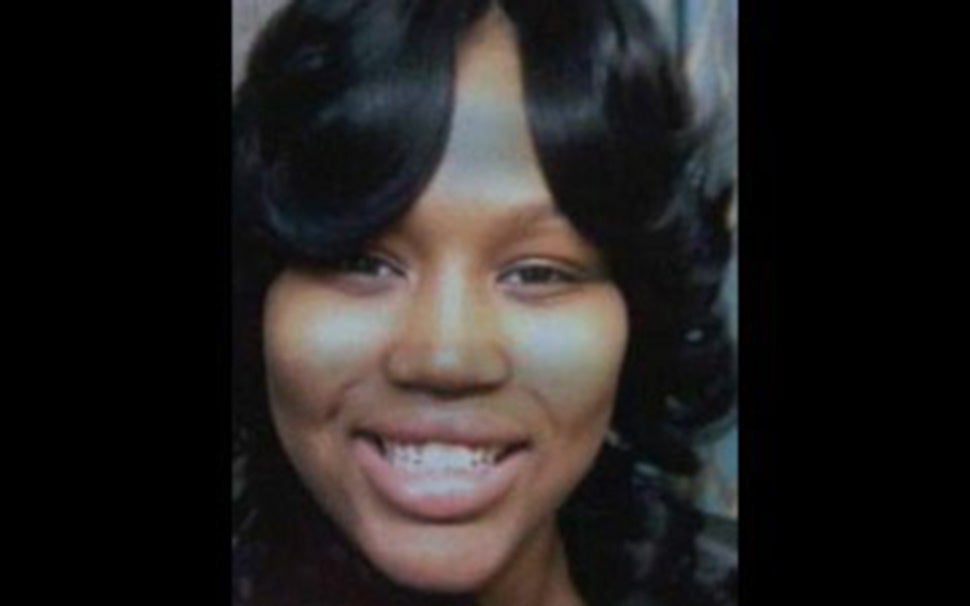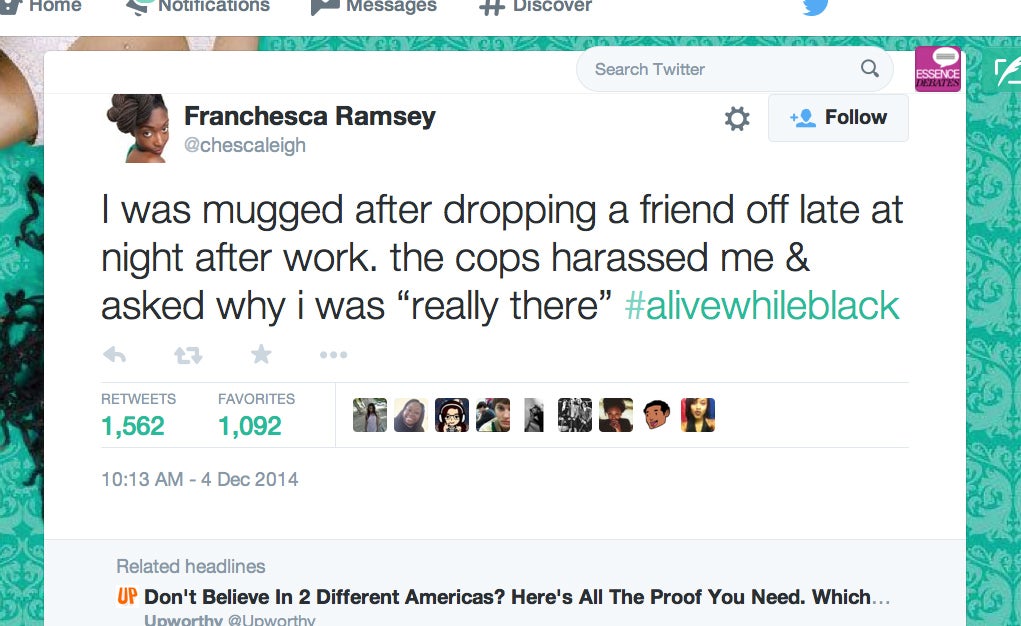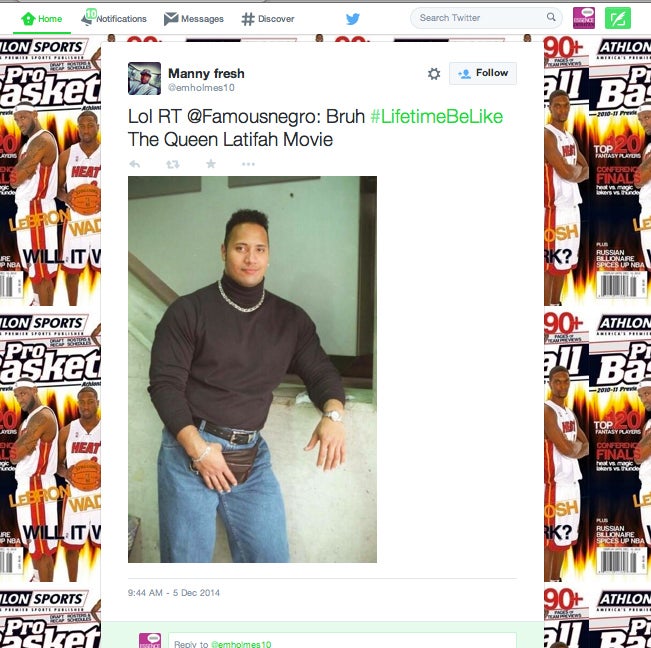Black Twitter was at the helm of crucial, and sometimes hilarious, conversations in 2014. From Michael Brown and Eric Garner’s unjust deaths, to all things Hollywood, here are 14 hashtags we’re still talking about.
…
It was a movement heard ‘round the world. In April, more than 200 Nigerian schoolgirls were kidnapped by Boko Haram, igniting a firestorm of tweets, demanding that they #BringBackOurGirls. Eight months later, and the victims still haven’t returned home.
Enough is enough. Black people across the country have agreed that it’s time to do something about the injustices that we face and the senseless police killings that have been plaguing our country. With this hashtag, a movement was born.
What was supposed to be a fun Twitter conversation quickly turned into a publicist’s nightmare. Amidst Bill Cosby’s sexual assault allegations, his PR team, thinking they should do some damage control, invited the Twitterverse to “meme” the star. The plan went downhill fast.
Can’t we have anything? College Humor coined the phrase after White news sources started reporting on things that have been in our community for years (the newfound booty trend). Just look at Christopher Columbus: Wasn’t he the first to “discover” America?
The hashtag that needs no explanation. Following the killing of Michael Brown, Ferguson protestors adopted the “Hands up, don’t shoot” stance, bringing attention to the death of the unarmed teen. It wasn’t long before it caught on.
Following the shooting of Michael Brown, images circulated through various media that depicted the slain teen in a less-than-positive light. The news outlets’ portrayal left Black Twitter wondering: How would they be portrayed if police gunned them down?
It was #columbusing at its finest. In September, Vogue ran an article talking about how “big booties” are in right now thanks to celebs like Kim Kardashian. Um… huh? Their ignorance lit Black Twitter up, and we couldn’t help but laugh at what people thought would make good columbusing Vogue articles.
Black Friday is usually one of the hottest shopping days of the year, but this year, the unofficial holiday fell less than a week after the Ferguson grand jury announcement. People across the country decided that they were going to “Blackout Black Friday” and boycott corporate America. Their plan worked: Black Friday sales were down 11 percent.
In July, a heartbreaking story surfaced of 16-year-old Jada, who was drugged, raped and afterwards photographed; the photographs of her unconscious circulated online. But the high school student decided to reclaim her attack, tweeting #IAmJada, along with a photo of herself.
The high-profile deaths of Michael Brown and Eric Garner have been the media’s focus, but we can’t forget Renisha McBride, the 19-year-old who was shot and killed by a White man. She knocked on his door seeking help after a car accident, but he fatally shot her. Last summer, her name was reintroduced to the Twitter world to remind people that all Black lives matter.
In an effort to demonstrate the daily grievances that Black people must face, Black Twitter began using the hashtag #AliveWhileBlack. It showed people that, yes, Driving While Black is a thing, and how we are unfairly targeted in so many aspects of our lives.
It’s no secret that Lifetime’s Aaliyah biopic was less than stellar. But Black Twitter was the first to voice their disapproval. The film inspired the hashtag #LifetimeBeLike, which inspired us to create our own versions of made-for-TV “biopics.”
